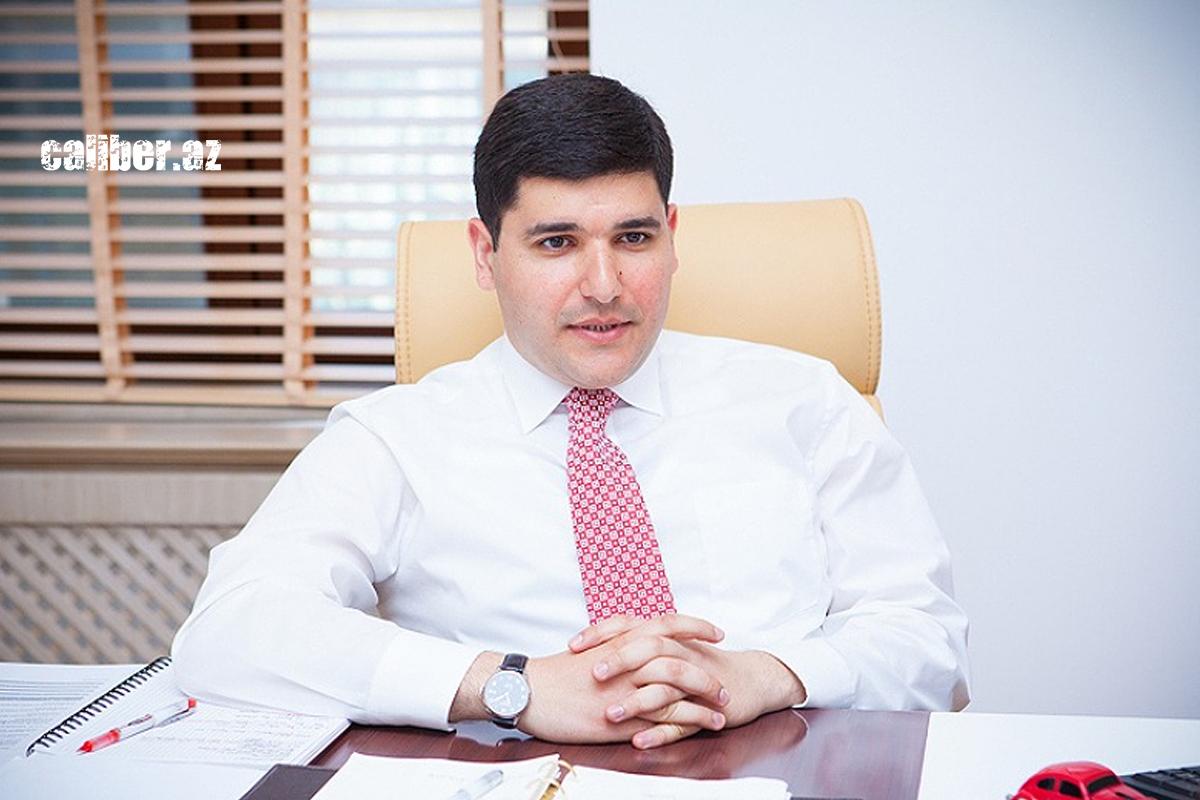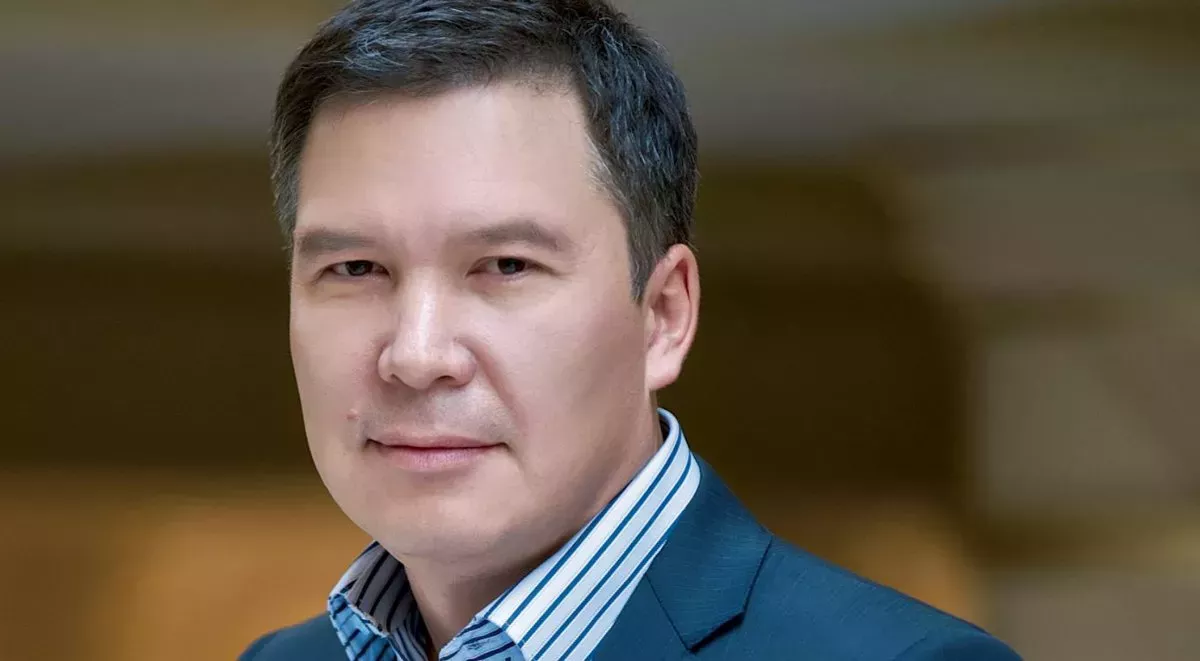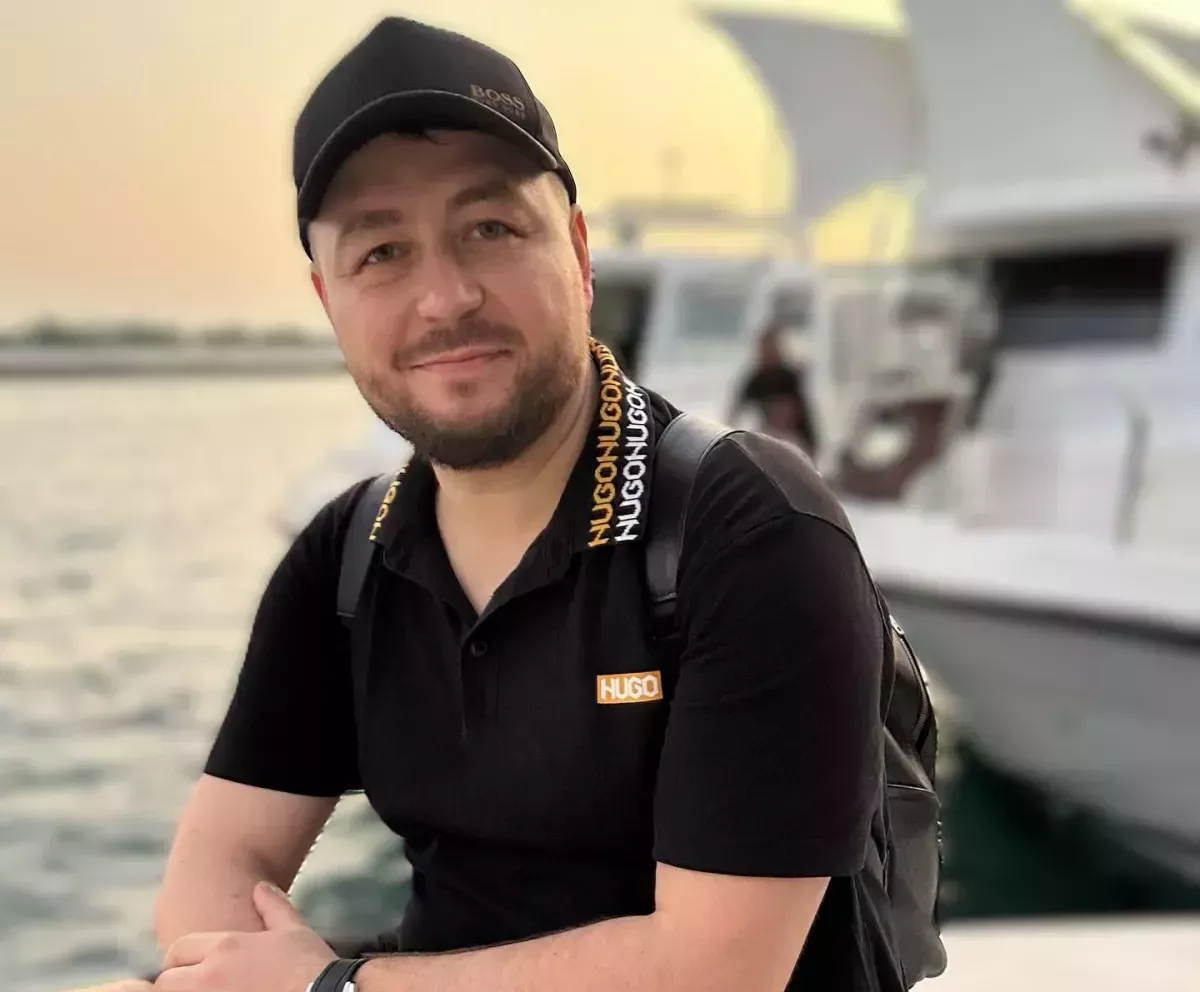South Caucasus: “3+3” – new prospects or lost relevance? Expert opinions on Caliber.Az
Discussions are needed to determine the timing and venue for a “3+3” meeting—bringing together Armenia, Azerbaijan, and Georgia with Türkiye, Russia, and Iran. Armenian media, citing the Armenian Ministry of Foreign Affairs, reported on this development. Preparations for the meeting appear to be underway, as earlier statements from both Yerevan and Moscow have indicated.
For instance, Armenia’s Deputy Foreign Minister Vahan Kostanyan told the Iranian news agency IRNA in August that reaching an agreement on unblocking communications in the South Caucasus opened a new chapter for dialogue in the “3+3” format, and that the next meeting is planned to be held in Baku or Yerevan. “We believe that this dialogue format can serve as a convenient platform for discussing regional projects, especially in the field of transport and infrastructure communications,” he said.
Earlier, Russian Foreign Minister Sergey Lavrov, at a joint press conference with his Armenian counterpart Ararat Mirzoyan, stated that the third ministerial meeting in the “3+3” format on the South Caucasus is being prepared, and Moscow supports holding the next two meetings in Baku and Yerevan.
What do experts from Azerbaijan and other participating countries think about the upcoming “3+3” meeting and its prospects? This question is particularly relevant today, as there is significant tension and disagreement among the countries in this platform—for example, Russia’s rhetoric toward Azerbaijan and Armenia often carries far from friendly overtones. Caliber.Az has gathered opinions from Azerbaijani, Turkish, and Georgian political analysts on the matter.

Farhad Mammadov, head of the South Caucasus Research Centre, noted that the “3+3” format cannot yet be considered fully comprehensive, as Georgia is absent from the meetings.
“The emphasis of the Russian initiative on holding the meeting in the capitals of Azerbaijan or Armenia apparently has its reasons and seems designed to encourage these countries to take the format more seriously, while at the same time reflecting a consolidated position of Russia and Iran.
On the other hand, there is a hypothetical possibility that the Georgian delegation could visit, for example, the capitals of Azerbaijan or Armenia. At the same time, if the meeting were held in Moscow, it is quite obvious that Georgia would not be present there, as it were, by default,” Mammadov said.
He also stressed that despite existing disagreements among the participants, none of the five countries involved rejects the format. It should be continued and developed, but with the understanding that each state pursues its own policy in the region.
“This in no way limits the countries of the region—first and foremost Azerbaijan and Armenia—in making concrete decisions, whether in a bilateral format for normalising relations or in the format of opening communications,” Mammadov emphasised.

In turn, Turkish-Kazakh politician and political analyst Serikzhan Mambetalin, founder of the “Union of Great Turan” Foundation, recalled that the “3+3” format proposed after the Second Karabakh War is aimed at strengthening regional cooperation in the South Caucasus without the involvement of Western countries.
“It should be noted that, for the first time, there is a platform for continuous communication between regional countries and for seeking dialogue among them, so the need for it unquestionably exists,” the analyst said.
In his view, the main goal of the format is to establish dialogue and promote mutual trade and infrastructure projects.
“A platform for direct communication between Türkiye, Russia, and Iran will help reduce the risk of new military clashes, while Azerbaijan, Armenia, and Georgia will be able to play an even more active role in the region,” Mambetalin concluded.
According to Georgian analyst Arkadi Nozadze, the fact that Tbilisi has not yet joined this negotiation format does not mean that it cannot do so in the future.

“Currently, Georgia has rather complex relations with Russia, and it is quite obvious that the Russian side must take a series of significant steps to normalise them. This is, at the very least, a matter of several years. Georgia has set clear conditions for restoring full diplomatic contacts with Russia, which are well known in Moscow, and under these circumstances, there is no ambiguity.
However, the ‘3+3’ format is extremely important for the region as a whole and for Tbilisi in particular. Its operational potential is very high, and I do not rule out that at some stage Georgia may decide to join it, even without waiting for a full consensus with Moscow regarding the country’s territorial integrity. Of course, this would only happen if Russia demonstrates some real progress in this direction, rather than making empty promises as it does now,” the analyst said.
Overall, the expert emphasised that the “3+3” format is extremely necessary for the region. It is a universal platform, and one of its key advantages is the ability to bring together countries with different political positions, yet sharing certain common interests in the South Caucasus and surrounding regions.
Within this platform, very interesting configurations of dialogue between various parties are possible, including contacts that are sometimes complicated on a bilateral track.
“At present, we are seeing a number of significant developments in regional dialogue that have emerged following the Washington agreements between Baku and Yerevan, so I anticipate a new active phase in the work of the format. This primarily involves discussing a range of issues related to the unblocking of communications in the region and the launch of TRIPP—a unique transit route between Asia and Europe.
Against the backdrop of these events and the normalisation of relations between Baku and Yerevan, the ‘3+3’ format is gaining entirely new momentum and prospects. For this reason, I do not rule out that Tbilisi may join it at some point—such important changes in the region require the participation of all regional actors, as it is in their interest.
While Georgia is not directly involved in the new transit route through Armenian territory, it is clear that many important issues arise beyond that framework, particularly economic and security matters, in which countries such as Georgia and Russia will inevitably be involved. The complications in relations between Tbilisi and Moscow, as well as between Moscow and Baku and Yerevan, also leave their mark on negotiation initiatives and contacts between parties.
However, it is precisely formats like ‘3+3’, aimed at addressing numerous economic challenges in the region, that provide the foundation for mutual understanding among the parties—necessary for seeking dialogue even on the most difficult issues,” concluded Nozadze.








